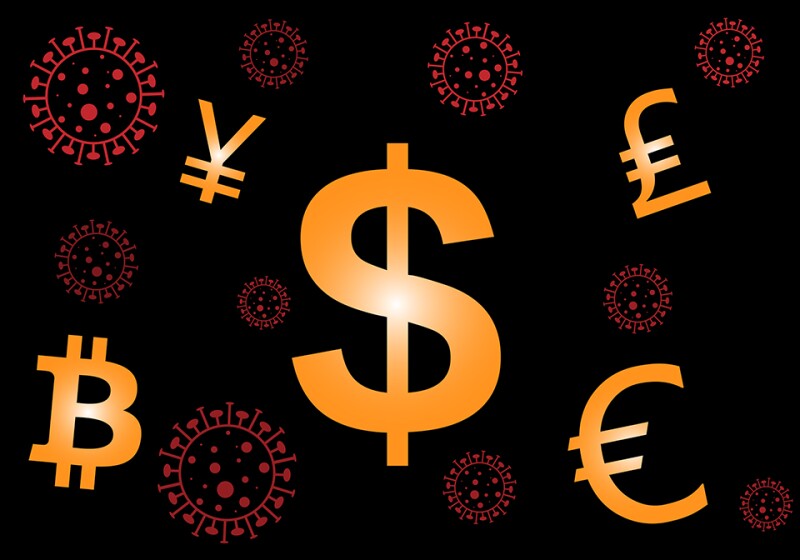
An HSBC research note in late July raised the prospect of growing unease in the foreign exchange market amid increased cases of the Delta variant of Covid-19 and uncertainty around growth rates in many parts of the world.
This has manifested itself in a variety of ways, including underperformance of cyclical currencies such as AUD and NOK and some softening of emerging FX, especially in Asia.
The influence of interest rates has taken on greater importance

HSBC’s global head of FX research, Paul Mackel, says that unlike in 2020 – when FX was very sensitive to the ebb and flow of risk appetite – markets are now increasingly thinking about the outlook for monetary policy.
“In other words, the influence of interest rates has taken on greater importance and should remain the case as 2022 approaches, in particular if the Fed starts tapering its balance sheet come the end of this year,” he says.
The FX market spent an entire year virtually ignoring the continuing spread of the virus and instead focusing on the reopening of economies.
